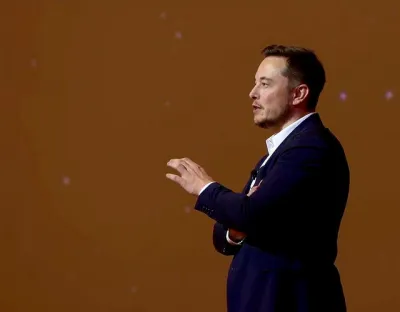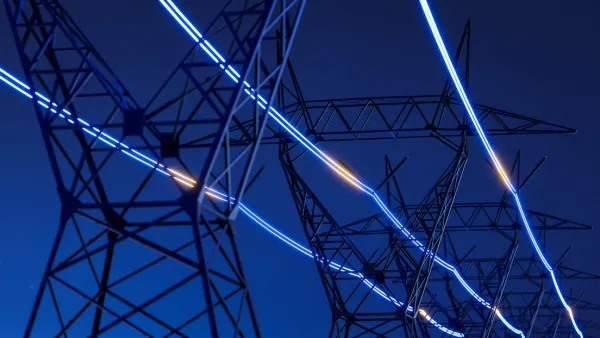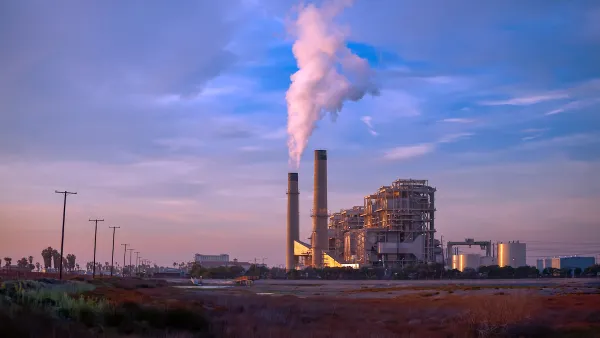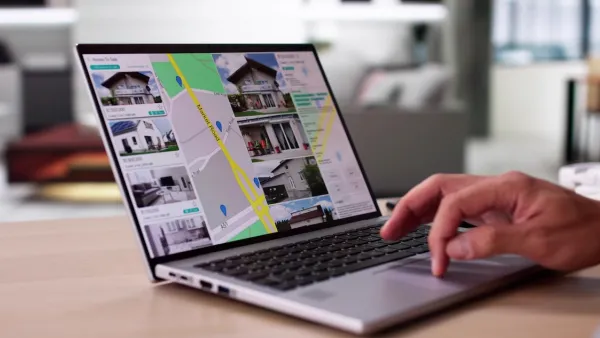The facility, which was completed in just 122 days, was rushed through so quickly, it is still missing environmental permits and infrastructure needed to ensure it doesn’t put stress on the grid or local water supply.

A few months ago, Elon Musk took over a factory in an industrial zone of South Memphis with the goal of building the “world’s largest supercomputer”; last week, just 122 days later, the computer, dubbed the Colossus, was brought online. Its primary purpose is to provide computing power for xAI’s central tool, Grok. But city officials, environmental agencies, and community members, who were kept mostly in the dark during the process, are reeling after the local utility reported that the facility, which Musk has said will eventually double in size, will need a million gallons of water per day and 150 megawatts of electricity — enough to power 100,000 homes per year.
NPR reporter Dara Kerr writes, “The limited oversight and rushed nature of this project have allowed xAI to skirt environmental rules, which could impact the surrounding communities. For instance, the company’s on-site methane gas generators currently don’t have permits.” In addition to sky-high resource consumption, local officials and environmental agencies are concerned about how the additional pollution will impact several adjacent historically Black neighborhoods, who have already been disproportionately burdened by poor air quality caused by existing heavy industrial uses in the area.
The local utility, Memphis Light, Gas and Water, has assured locals that Musk’s supercomputer’s consumption of water and electricity won’t affect them, reports Kerr. But given the secrecy around the project, the fact that many details have yet to be made public (or even worked out at all), and Musk’s tendency to overpromise (at best) or lie (at worst) about his ventures, it’s little wonder residents and local officials are wary.
Concern about water and energy consumption, as well as greenhouse gas emissions, of AI — and the data centers needed to run it — is growing nationwide. A recent analysis by the Guardian showed that greenhouse gas emissions from data centers owned by major tech companies like Google, Microsoft, Meta and Apple are 7.62 times higher than officially reported.
FULL STORY: How Memphis became a battleground over Elon Musk’s xAI supercomputer

Analysis: Cybertruck Fatality Rate Far Exceeds That of Ford Pinto
The Tesla Cybertruck was recalled seven times last year.

National Parks Layoffs Will Cause Communities to Lose Billions
Thousands of essential park workers were laid off this week, just before the busy spring break season.

Retro-silient?: America’s First “Eco-burb,” The Woodlands Turns 50
A master-planned community north of Houston offers lessons on green infrastructure and resilient design, but falls short of its founder’s lofty affordability and walkability goals.

Test News Post 1
This is a summary

Analysis: Cybertruck Fatality Rate Far Exceeds That of Ford Pinto
The Tesla Cybertruck was recalled seven times last year.

Test News Headline 46
Test for the image on the front page.
Urban Design for Planners 1: Software Tools
This six-course series explores essential urban design concepts using open source software and equips planners with the tools they need to participate fully in the urban design process.
Planning for Universal Design
Learn the tools for implementing Universal Design in planning regulations.
EMC Planning Group, Inc.
Planetizen
Planetizen
Mpact (formerly Rail~Volution)
Great Falls Development Authority, Inc.
HUDs Office of Policy Development and Research
NYU Wagner Graduate School of Public Service




























